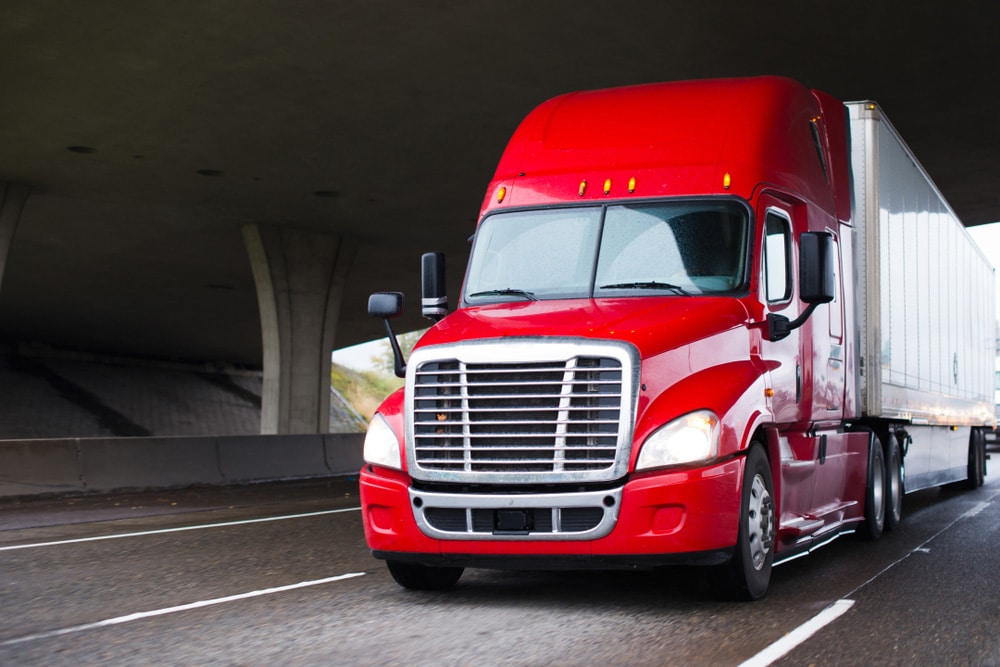The Great Debate: Diesel Vs. Petrol Trucks
The age-old debate between diesel and petrol trucks continues to be a hot topic in the automotive industry. In this article, we’ll explore the key differences between these two types of trucks, focusing on torque output, fuel consumption, reliability, combustion temperature and flexibility. Buckle up and let’s go!
Torque Output
When it comes to torque output, diesel trucks generally have the upper hand. They produce more torque at lower RPMs compared to their petrol counterparts, making them ideal for heavy-duty work such as towing and hauling. This increased torque output results in better acceleration and overall performance, especially when carrying heavy loads.
Fuel Consumption
In terms of fuel consumption, diesel trucks are typically more fuel-efficient than petrol trucks. This is due to the higher energy content of diesel fuel and the increased efficiency of diesel engines. This means that diesel trucks often have a longer range and lower fuel costs, making them a more economical choice for long-haul trips and frequent driving.
Reliability
Historically, diesel engines have had a reputation for being more reliable and durable than petrol engines. This is because diesel engines have fewer moving parts, which reduces the likelihood of mechanical failure. Additionally, diesel engines are built to withstand higher compression ratios, resulting in a more robust and long-lasting engine. However, it’s worth noting that modern petrol engines have come a long way in terms of reliability, so the gap between the two is narrowing.
Combustion Temperature
Diesel engines operate at higher combustion temperatures than petrol engines. This high combustion temperature can lead to increased engine wear and the production of more harmful emissions, such as nitrogen oxides (NOx). However, advancements in diesel technology, such as selective catalytic reduction (SCR) systems, have helped to reduce these harmful emissions and make diesel engines more environmentally friendly.
Flexibility
Petrol engines generally have a broader powerband, making them more flexible and responsive in various driving situations. This can be advantageous for those who require a more agile and nimble vehicle, such as for urban driving or navigating winding roads. On the other hand, diesel engines excel in situations where consistent power and torque are needed, such as towing and long-distance driving.
The Verdict
Ultimately, the choice between diesel and petrol trucks comes down to your specific needs and preferences. Diesel trucks offer more torque, better fuel efficiency and potentially greater reliability, making them an ideal choice for heavy-duty work and long-haul driving. On the other hand, petrol trucks provide greater flexibility and responsiveness, making them better suited for urban driving and those who require a more nimble vehicle.
Before deciding, it’s crucial to consider factors such as the type of driving you’ll be doing, the loads you’ll be carrying and your budget for fuel and maintenance costs. By weighing the pros and cons of each type of truck, you’ll be able to make an informed decision that best suits your needs.
At Atchison Trucks, we understand choosing the right truck can be a daunting task. That’s why our knowledgeable team is here to help you make the best decision for your unique requirements. Get in touch with us today and let us guide you through the great diesel vs. petrol debate.





